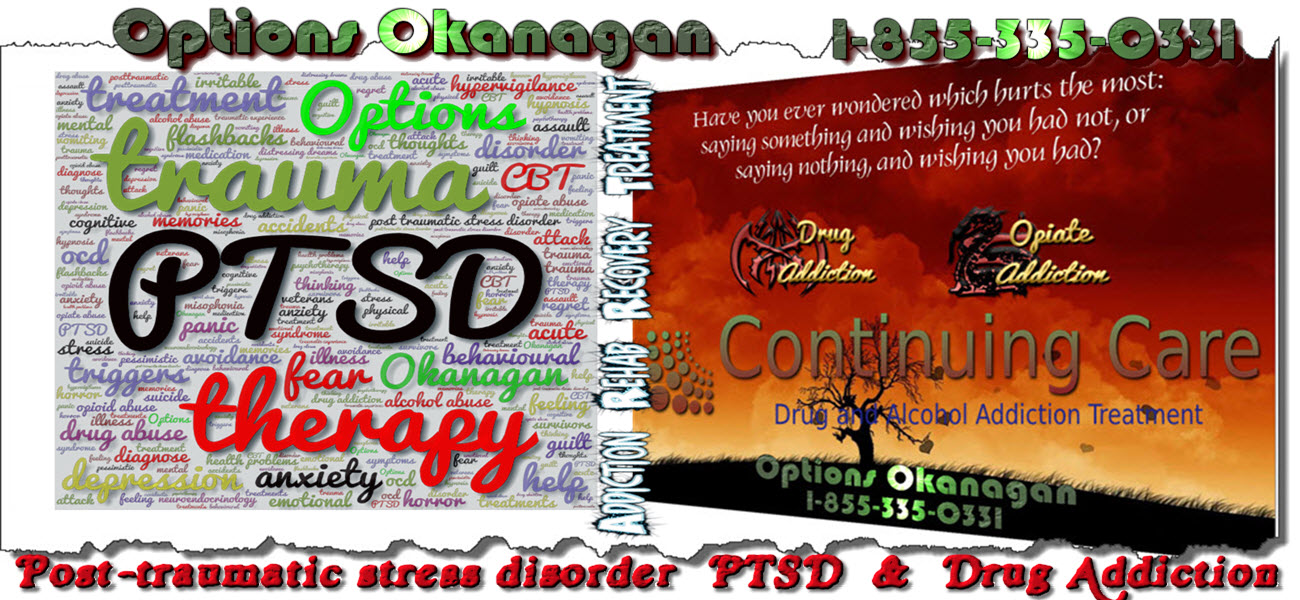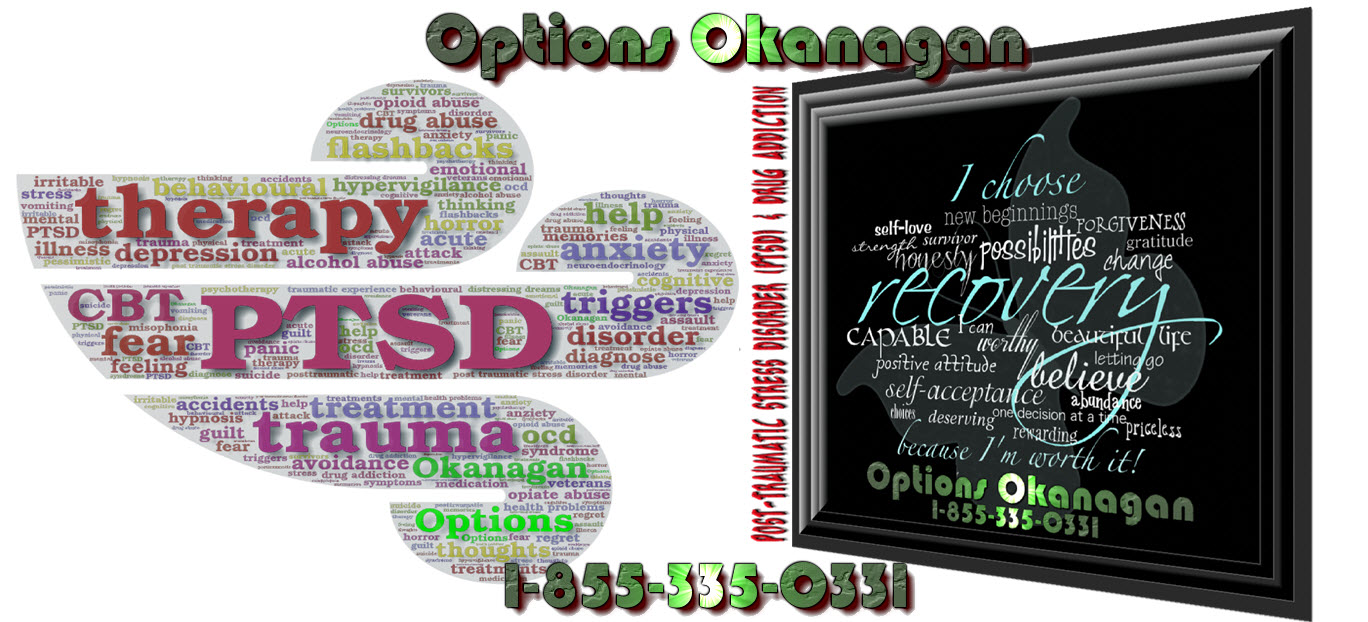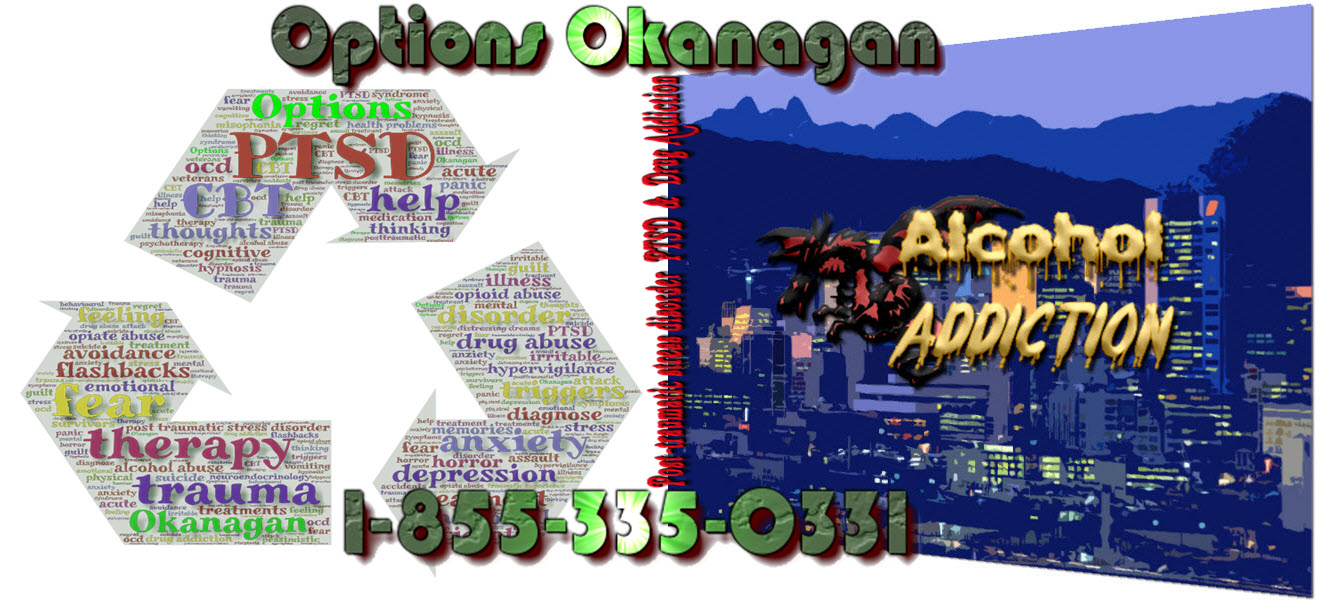Drug and alcohol abuse increases globally from the COVID-19 virus pandemic and the treatment programs during this COVID-19 virus pandemic. Mental Health Disorder Treatment Programs and Clinics in BC and Alberta – Opiate and prescription drug rehabilitation programs in British Columbia and Alberta – Options Treatment Center in Kelowna, British Columbia treating opiate, prescription drug, opioid, fentanyl, heroin, and alcohol addiction and recovery.
Drug Rehabs In Alberta And BC
[People Who Use Drugs – (PWUD)]
The health risks for drug and alcohol users or (PWUDs) during this COVID-19 pandemic
Ensuring effective treatment programs during this COVID-19 virus pandemic
Apply COVID-19 steps to prevent virus transmission in the locations used by PWUDs.
To reduce transmission of COVID-19, it is strongly recommended not to share drugs or medicines, and appropriate social and hygiene measures must be promoted. Communication strategies need to be developed to take into account different behaviors and different user groups, including marginalized groups such as homeless people, drug and cannabis users. PWUDs must be encouraged to consider where it is possible to stop or reduce drug use as protection, and steps are needed to provide medical, addiction support to those seeking access to services. As practiced by other health and social services, drug services, homeless shelters, and prisons must spread clear messages about how to reduce the risk of infection and provide appropriate materials for service users and their staff personal. This includes:
Personal precautions: Promote proper hand hygiene and reduce the risk of coughing and sneezing. Make sure the bathroom has soap and a hand dryer. Provide alcohol-based disinfectants that contain at least 60% alcohol at key locations in the facility, including registrants, entrances, and exits.
Environmental precautions: Clean surfaces that are frequently used, minimize objects frequently and ensure adequate ventilation.
Current practice in communicating with PWUD about the risks of treatment and exchange of medical devices must be reviewed to ensure that the risk of COVID-19 exposure in light of possible modes of transmission like droplets or on surfaces.
Current practices for the provision of clean injection equipment and other drug products such as smoking and inhalation equipment, to limit exchanges between drug users need to be reviewed and adjusted as necessary to ensure that they remain suitable for the purpose. It may be necessary to reduce the supply of devices to individuals independently.
Social distance measures for PWUDs and those working with these groups must be encouraged and implemented. This includes avoiding close contact like shaking hands or hugging, standing at a reasonable distance from each person and limiting the number of individuals who can use the service at the very same time. Social distancing is important at this stage. Special attention must be given to supporting and providing the resources needed for drug users, homeless shelters and detainees to help protect themselves and others from infection.
COVID-19 Pandemic & Drug Addiction In Alberta And BC
A protocol is needed for services to respond to PWUDs that show signs of possible COVID-19 virus infections. This may include the provision of masks for individuals with respiratory symptoms such as coughing or fever, and the establishment of isolation areas, zones and procedures suitable for the management and their notification in accordance with developing national guidelines. There are technical reports on the prevention and control of COVID-19 virus infections in health services, including long-term care facilities
Ensure continuity of care during this COVID-19 virus pandemic.
Ensuring the continuity of basic health services for drug users will be very important. In this context, it is important to ensure that services are carried out correctly, personnel protection measures are taken, and service planning is prioritized.
Ensure continuity of service:
Drug treatment and PWUD threshold harm reduction services are important health services that must continue to operate in limited conditions.
Therefore, ensuring the continued provision of drug treatment services, including opioid replacement drugs and other important drugs, will be the most important.
An emergency plan is needed for possible shortages of drugs and equipment.
Services must plan employee absence by developing a flexible attendance and sick leave policy, identifying jobs and important positions, and planning alternative coverage for cross-training members.
Services may need to plan temporary alternatives if permanent locations need to be closed, providing online services, providing drugs and equipment through pharmacies, home visits, telephone calls or video calls for evaluation and tracking, plus adapting existing practices, such as expanding prescriptions to home treatment with opioid replacement therapy (OST).
Based on national guidelines, alternatives to the appointments of individuals, in person, and in groups may need to be stopped, reduced or implemented during this high-risk COVID-19 virus pandemic.
The availability and affordability of providing PWUD services for homeless individuals will be important because this can be in the form of groups with limited resources for self-protection and self-isolation.
Protection of service providers during a pandemic and important steps to consider:
Provide employees with necessary information about precautions.
Provide the necessary protective equipment for personnel and implement protocols to reduce the risk of transmission to staff and patients, including the use of physical barriers to protect personnel who interact with customers with unknown infection status.
Reducing the number of employees who interact directly and introducing appropriate risk management policies and procedures for clients with respiratory symptoms.
Review work practices for high-risk COVID-19 employees and volunteers, those who are older or have health conditions, including the introduction of remote working conditions if possible.
Arrange routine virtual meetings to quickly respond to problems in local situations and change actions quickly by local and national authorities.
The coronavirus pandemic trauma will cause more alcohol and drug abuse worldwide.
Options Okanagan Opiate and Alcohol Treatment Centers in Kelowna, Salmon Arm and Vancouver, British Columbia – Men and Women are recovering and healing from Alcohol and Drug Abuse at our treatment center here in the Okanagan right now.
Our unique and distinctive Opiate Drug and Alcohol treatment program allow men and women to come in from Calgary as well as Edmonton as we offer airport pickup.
Numerous clients come to us from Vancouver, Calgary, and Edmonton and other locations in Alberta and even other provinces for Opiate addiction treatment, heroin drug treatment, many other drugs, and alcohol addictions for rehabilitation because of the uniqueness of our treatment center.
Our (Kelowna) Alcohol and Drug Treatment Program Location:
(Not Mailing Address) – Contact Us – Web Page
For Mail Delivery :: Please contact each center for correct mailing addresses, also this location is the location of our residential treatment programs in Kelowna. Please call Toll Free 1-855-335-0331 – to contact the treatment center you are going to for the address and directions.
Options Okanagan Drug and Opiate Treatment Center
551 Sherrydale Crescent, Kelowna, British Columbia, V1V 2E6
Toll-Free Phone Number: 1-855-335-0331




